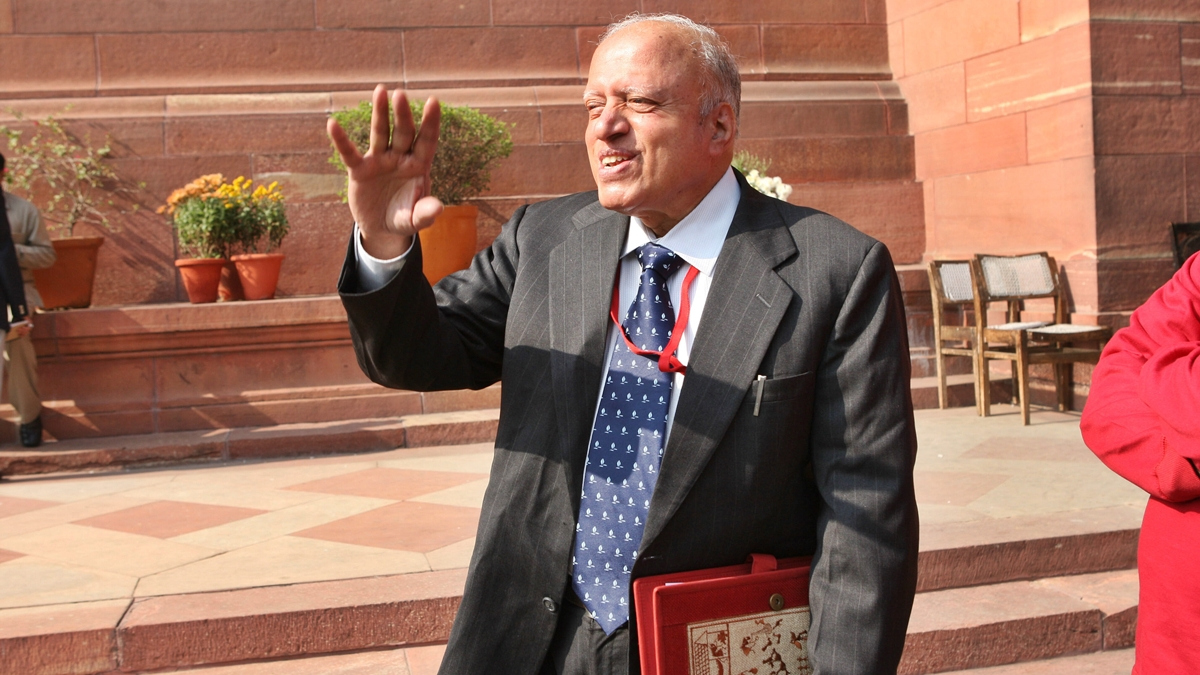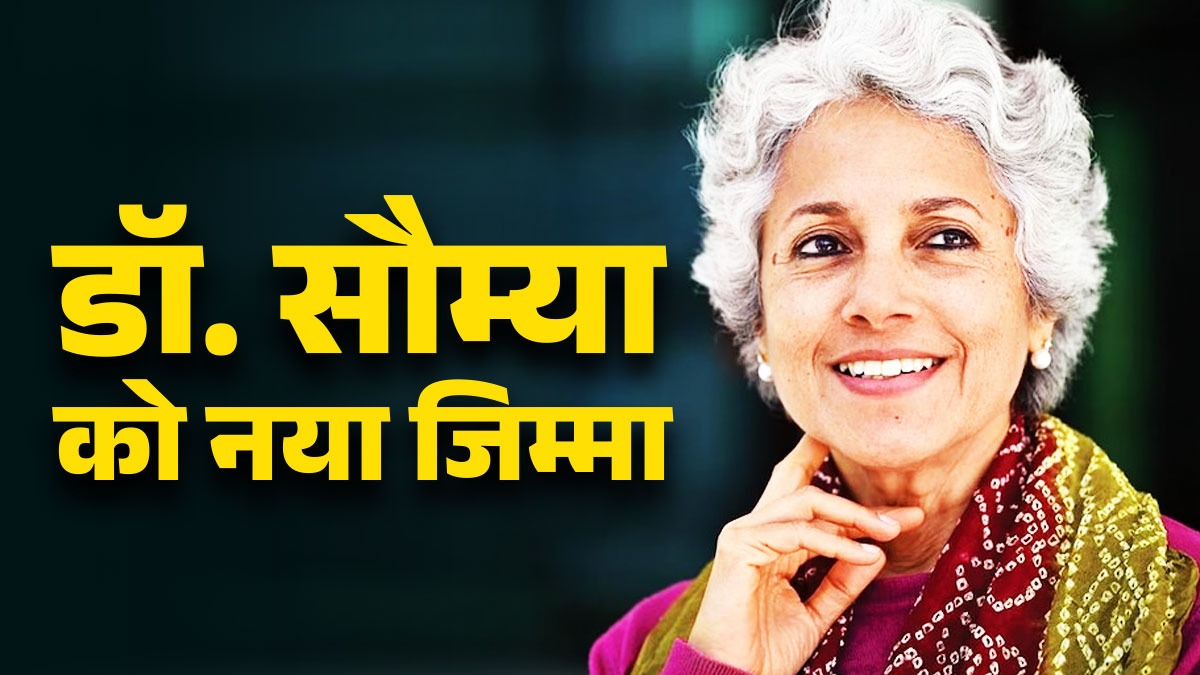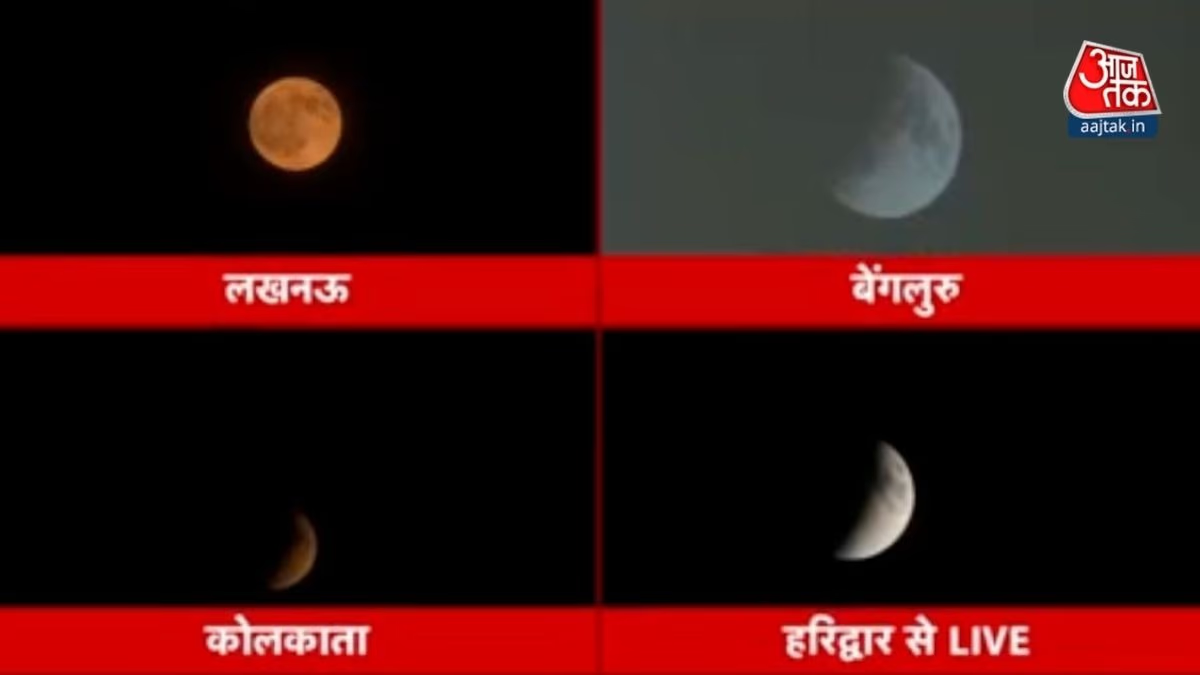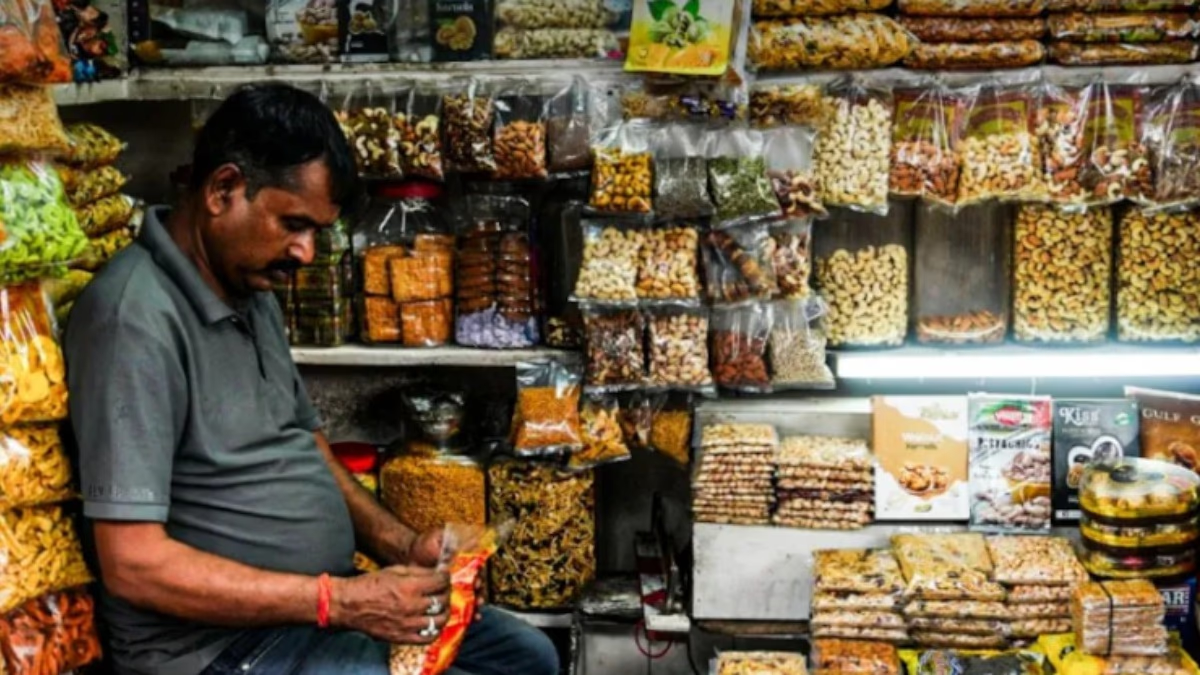Former WHO Chief Scientist Dr. Soumya Swaminathan has been entrusted with a significant responsibility by the central government. Dr. Soumya has been appointed as the Principal Advisor for the National Tuberculosis Elimination Program by the Ministry of Health, on a pro-bono basis.
Dr. Swaminathan's previous role as Chief Scientist at the World Health Organization, along with her directorship at the Indian Council of Medical Research, equips her with the expertise necessary to lead India's charge against TB. She is the daughter of acclaimed agricultural scientist MS Swaminathan, who was recently decided to be posthumously awarded the Bharat Ratna, India’s highest civilian honor, earlier this year.
What responsibilities will Soumya undertake?
The Ministry of Health stated that as the Principal Advisor, Dr. Swaminathan will provide technical counsel on comprehensive strategies to achieve the program's goals. She will offer suggestions for necessary course corrections in policy direction and outcomes and advise on research strategies. Additionally, she will assist in forming elite groups of top worldwide talent and support the ministry, regional authorities, and development partners in assessing the program's impact.
Learn about MS Swaminathan...
Dr. MS Swaminathan was born on August 7, 1925, in Tamil Nadu's Kumbakonam. The turning point of his agricultural journey began after the devastating Bengal famine of 1943, leading him to focus on securing India’s food supply. This decision marked him as a key figure in the 1960s Green Revolution, which transformed India from a food-deficit nation into a frontline agricultural producer. His introduction of high-yielding varieties of wheat and rice saved millions from starvation. His transformative influence on Indian agriculture materialized when he introduced high-yielding crop varieties. His pioneering vision was instrumental in spearheading the Green Revolution in India, at a time when the country was grappling with poverty and a lack of social security.

Source: aajtak
As the Chairman of the Farmers’ Commission, he played a crucial role in formulating the National Policy for Farmers’ Welfare, recommending measures like ensuring farmers a 50% profit over the cost of production. The impact of Dr. Swaminathan’s efforts was nothing short of revolutionary. India's food production soared, and the country moved from a state of food deficit to food self-sufficiency. His work not only averted potential famine but also improved the economic state of countless farming communities. Awards such as the Padma Shri, Padma Bhushan, and Padma Vibhushan were conferred upon him, along with international recognition through the Ramon Magsaysay Award and World Food Prize. He also served as a member of the Rajya Sabha from 2007 to 2013.




